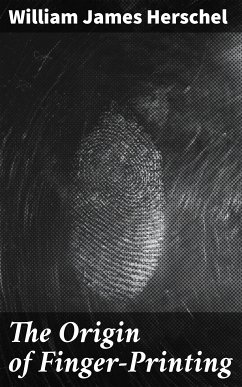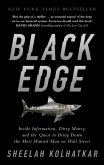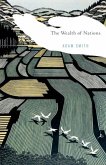In 'The Origin of Finger-Printing', William James Herschel delves into the history and development of fingerprinting as a method of identification. Written in a precise and scholarly style, Herschel thoroughly examines the scientific principles and practical applications of fingerprint analysis. In the context of forensic science, Herschel's book stands as a pioneering work that highlights the unique characteristics of fingerprints and their utility in criminal investigations. With meticulous detail and logical reasoning, Herschel presents a comprehensive overview of the subject, making this book essential for anyone interested in the origins and evolution of fingerprinting. William James Herschel, a British colonial administrator in India, was intrigued by the indigenous practice of using fingerprints to validate documents. This fascination led him to conduct extensive research and experimentation, ultimately resulting in this seminal work on fingerprint identification. Herschel's background in administration and law enforcement provided him with a practical perspective on the significance of fingerprints in identifying individuals and solving crimes. For readers seeking a scholarly exploration of the history and significance of fingerprinting, 'The Origin of Finger-Printing' by William James Herschel is a must-read. Herschel's meticulous research and clear writing style make this book an invaluable resource for understanding the foundational principles of forensic identification.
Dieser Download kann aus rechtlichen Gründen nur mit Rechnungsadresse in A, B, BG, CY, CZ, D, DK, EW, E, FIN, F, GR, H, IRL, I, LT, L, LR, M, NL, PL, P, R, S, SLO, SK ausgeliefert werden.









